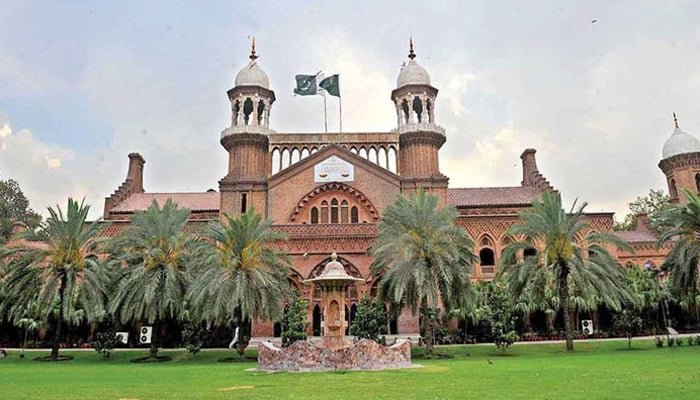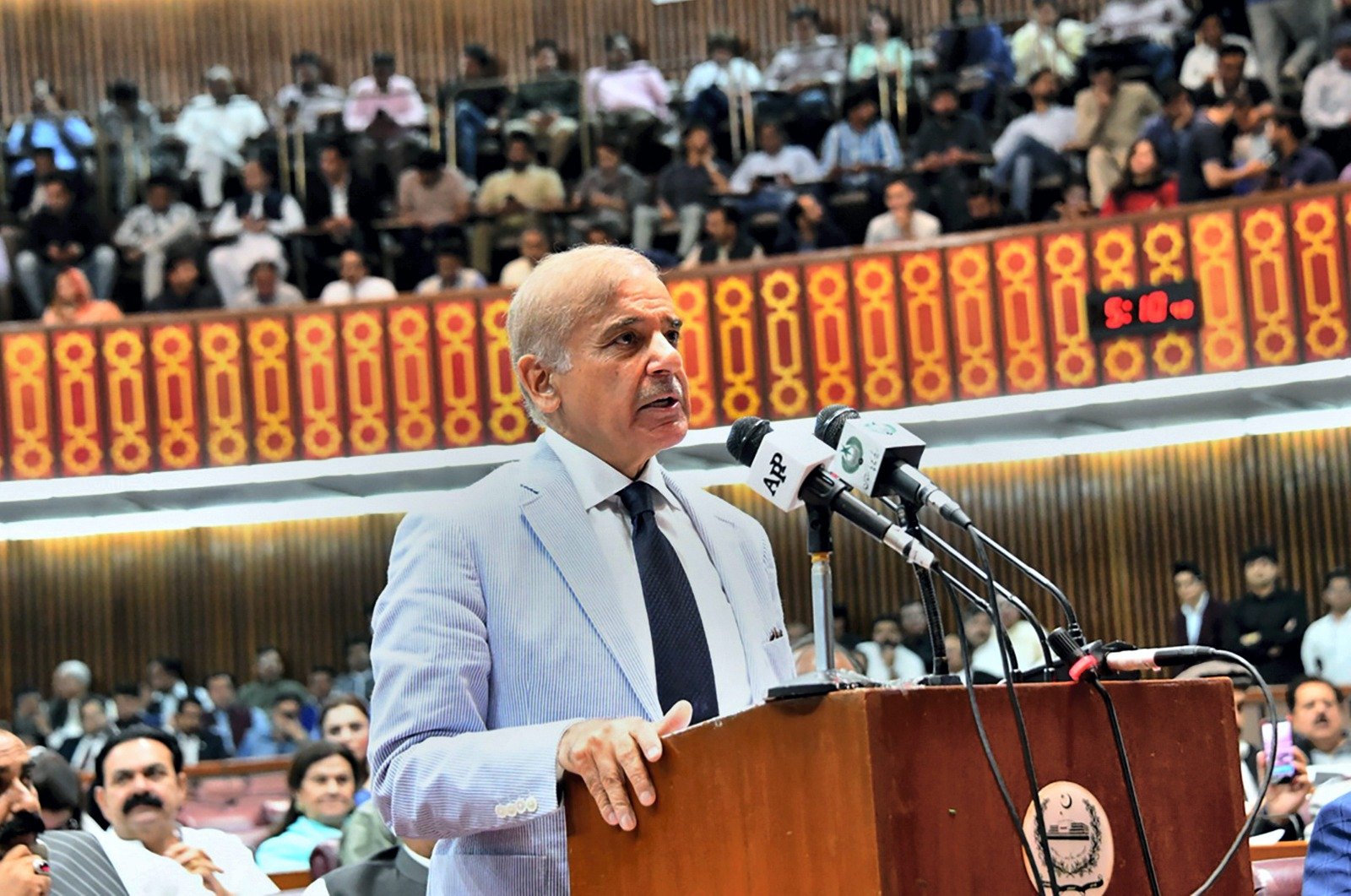Lahore High Court to Hear Petition Challenging Supreme Court (Practice and Procedure) Amendment Ordinance 2024

The Lahore High Court (LHC) on Monday directed the registrar’s office to schedule a hearing for a plea challenging the recently approved Supreme Court (Practice and Procedure) Amendment Ordinance 2024. The court removed the objection of the plea being filed before a non-relevant bench, thus allowing it to proceed.
Background on the Ordinance
The petition was filed shortly after the federal cabinet approved the amendment ordinance, which was swiftly signed by President Asif Ali Zardari on September 20, 2024. The ordinance was passed following a circulation by Prime Minister Shehbaz Sharif’s cabinet after the Ministry of Law forwarded it to the prime minister and the cabinet the previous night.
Key Provisions of the Amendment Ordinance
The ordinance emphasizes the prioritization of cases based on their significance in terms of fundamental human rights and public importance. According to the ordinance:
- Cases will be heard in turn, with reasons required for any deviations.
- Proceedings of each case will be recorded, and transcripts will be made available to the public.
Sources have stated that the amendment grants additional powers to the Chief Justice of Pakistan (CJP), including the authority to appoint cases and nominate judges for committees overseeing case management. Specifically, the CJP can nominate a judge as a substitute for an absent committee member.
Role of the Practice and Procedure Act Committee
The Practice and Procedure Act Committee is responsible for determining the allocation of cases. The committee is comprised of:
- The Chief Justice of Pakistan,
- The two most senior judges,
- A judge nominated by the CJP, if necessary.
The ordinance further amends Section 3 of the original Practice and Procedure Act.
Supreme Court (Practice and Procedure) Act 2023: A Brief Overview
The Pakistan Democratic Movement (PDM) passed the Supreme Court (Practice and Procedure) Act 2023 to regulate the powers of the CJP. The law aimed to introduce transparency in the apex court’s proceedings, including the right to appeal and the constitution of benches by a committee rather than the CJP alone. However, before it could be enacted, the Supreme Court, under then-CJP Umar Ata Bandial, issued a stay order against the law on April 13, 2023, halting its implementation.
The Act sought to:
- Empower a three-member committee, including the CJP, to take suo motu notices.
- Ensure that any case invoking Article 184(3) (original jurisdiction) would first be reviewed by the committee.
- Require constitutional interpretation matters to be heard by a minimum of five judges.
- Allow appeals within 30 days for any decision made under Article 184(3), ensuring they are heard within 14 days.
While the Act introduced provisions for appeals and reviews, particularly those filed under Article 188, some of its clauses were struck down by the court, limiting its retrospective application.
The Lahore High Court’s decision to hear this new challenge indicates that the debate over judicial powers and case management continues to be a significant legal and political issue in Pakistan. The upcoming hearing will be crucial in determining the fate of the Supreme Court (Practice and Procedure) Amendment Ordinance 2024.










